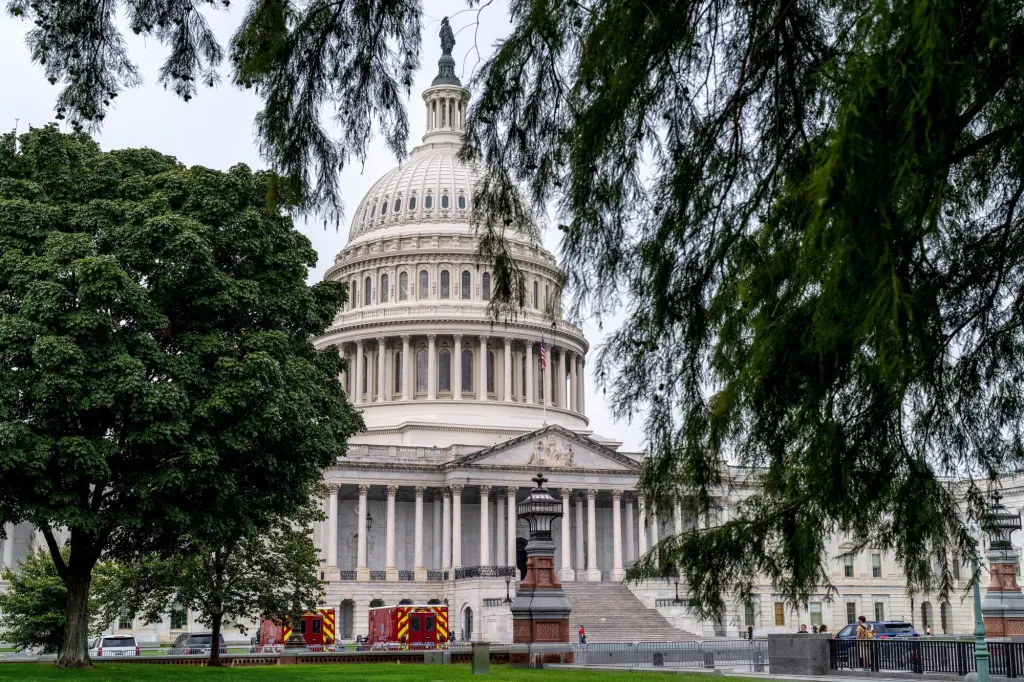Copyright Norfolk Virginian-Pilot

Open enrollment began on Nov. 1 and Virginians will face health insurance premiums rising between 43% and a shocking 202% unless Congress acts to extend the enhanced premium tax credits (EPTCs) set to expire at year’s end. These credits have made coverage affordable for hundreds of thousands of working families across the commonwealth and their loss would be felt not just by those directly affected, but by our economy as a whole. Businesses across Virginia need workers, and a healthy workforce is an available workforce. When health coverage becomes unaffordable, more people go without insurance, delaying preventive care and missing work due to untreated conditions. The result is a sicker, less reliable workforce and reduced productivity for employers already facing labor shortages. Extending the EPTCs is as much an economic decision as a health care one — essential to sustaining our business climate and workforce stability. It’s not just Virginia that stands to lose. Millions of Americans depend on the EPTCs to afford health coverage through the Affordable Care Act marketplaces. Considering that nearly half of all adult enrollees are owners or employees of small businesses, premium spikes will deal a dangerous blow to both family budgets and local employers. So many individuals are already struggling to afford the rising costs of groceries, housing, and utilities; adding steep health insurance hikes would only deepen that strain. The consequences of inaction will extend far beyond individual households. When faced with unaffordable premiums, many will simply forgo coverage. We know that people without insurance are more likely to delay or avoid care until conditions become more serious — and more expensive — to treat. That means more emergency room visits, higher uncompensated care costs, and a ripple effect that touches every part of the health system. Hospitals, particularly in rural areas, are already operating on thin margins. Today, 23% of Virginia hospitals are losing money on services, and 29% are at risk of closure. When uninsured patients can’t pay their bills, hospitals must absorb the costs, raising prices on all patients, including those with private insurance. This vicious cycle leaves rural hospitals especially vulnerable. If even a few more close, it won’t just be EPTC recipients who suffer — entire communities will lose access to essential health care, making those areas less attractive for business investment and workforce retention. The economic impact of allowing the EPTCs to expire is staggering. Analysts estimate that Virginia would lose more than $250 million in state GDP and roughly 2,000 jobs in the first year alone. Losses would be concentrated in the Shenandoah Valley, Southwest, Southside and Eastern Virginia — regions already struggling with limited health care access and slower economic growth. In 2026, the Commonwealth Fund projects that the state will lose more than $400 million in economic output and nearly $20 million in state and local tax revenue if the credits are not renewed, with those numbers expected to grow in subsequent years. These are not abstract figures. They represent real workers, real businesses and real communities that depend on a stable health care system to function. The connection between health and economic vitality is undeniable: When more Virginians are insured, absenteeism declines, productivity rises, and employers spend less time navigating workforce disruptions caused by untreated illnesses. Congress has an opportunity to prevent this avoidable crisis by extending the enhanced premium tax credits. This is not a partisan issue — it’s a workforce issue, a business issue and an economic stability issue. By acting now, lawmakers can safeguard affordable coverage for working families, strengthen Virginia’s labor force and protect the viability of our community and rural hospitals. Dr. Joel Bundy of Norfolk is president of the Medical Society of Virginia. Doug Gray of Richmond is executive director of the Virginia Association of Health Plans.



